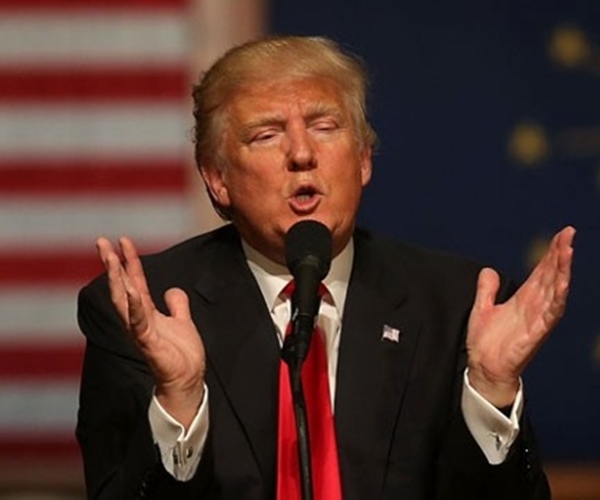Saman Hamid
One has to hand it to PM Modi, the terminologies he comes up with in most of his speeches for Pakistan are hilarious if not deluded. Last year at the BRICs summit fresh of the surgical strike drama post seemingly orchestrating events at URI, Mr. Modi thought he was at the theater perhaps where he implicitly accused Pakistan of being “mother ship of terrorism”. The severity of the statement has enacted an official resolution in Pakistan’s National Assembly, where the legislature adopted a resolution against the Indian Premier, on his statements against Pakistan. The resolution, moved by Sehar Kamran, focused on zero compromise on defense and sovereignty of Pakistan and the fight on terrorism. Speaking on the occasion the Minister of Defense, Khwaja Asif, reiterated Pakistan’s stance on Kashmir, till December last year, 330 ceasefire violations – 290 violations on the Line of Control and 40 on the Working Boundaries had been made by India, martyring 45 civilians and injuring around 138.
One of the core “competencies” of the Modi regime seems to be the ability to blame the brunt of all their problems on Pakistan, the biggest of course is the misstep of evoking a new generation of revolution in Kashmir post brutal assassination of Burhan Wani last July. The scores of “stone palters” are up against the “valiant” BSF who armed with Armed Forces Special Powers Act (AFSPA) carry out all sorts of brutalities against the people. Rape, looting and abductions is a commonality, the weapon that has aroused the most hue and cry though is pallet guns, according to the Indian media the use of pallet guns since July, 2016 has left 100 and 1000 partially or fully blind, this in response to exercising a fundamental constitutional right i.e. protest, around 6000 arrests have been made under the “public security act”. These are statistics admitted by the Indians ironically looking outside to find “mother ship of terrorism”. Indians have been actively harboring terrorist activities against Pakistan in Baluchistan Indus water treaty more specifically aimed at CPEC, admission by Kulbhushan Yadav and Bramdagh Bugti and recent bombings all point towards our two friendly neighbors, Afghanistan and India. A very volatile political scenario in Kabul is being exploited and disturbed by the Indians to say the least, the recent string of bombings including those in Kandahar are a wakeup call for Afghans who have to stop being exploited and look inwards for the solution to their problems. The Indian violations against UN resolution are not only restricted to LoC or Kahsmir, water is also aimed as a threat against Pakistan. Internally Indus Water Treaty has held a back seat in the lime light until now; perhaps it is a blessing in disguise when Pakistan’s administration was spurred into action post Modi threats against cutting the water supply; something India has indulged in since the 1970s. The Modi administration promised radically unfortunately so far in terms of economic development the Wall Street Journal touts the administration as a “tinkerer”, hence the people of India wait and wait for things to change; the demonetization of currency move has brought growing expectations of more boosts to GDP growth, as more people are dragged below poverty line. Post Kashmir the growing discourse in the military is also escaping clandestine, how long will Mujahideen enter highly secure Indian areas is a question the people of India should be asking their establishment. The NSG dream seems at arm’s length but keeps on eluding the Modi regime. Many promises of the campaign remain unrealized, power being one of them and rising poverty the other main one. The only promise the regime is riding high on is the anti-Pakistan antic.
If anything the world has learnt from our good friends Modi and Trump is to keep on screaming till you are believed. All the domestic troubles, the debacle which is Kashmir, rejuvenated; after Wani and all the attempts by the Indians to suffocate is proof that radicalism does not last forever. Even at the said BRICs summit, Indians were unable to specifically spur action against Pakistan, globally there was minimal reaction highlighted in the Indian media itself. Amidst all the negativity the resolution against Modi must be appreciated as it indicates that Pakistanis are finally getting serious and perhaps the foreign office may devise a long awaited counter strategy at last.



